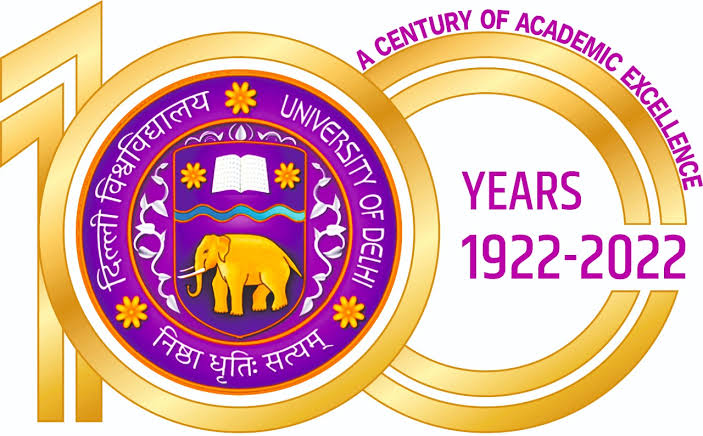ABOUT THE DEPARTMENT OF MUSIC

Music & Fine Arts Library: this unique and vibrant space is designed to be a haven for enthusiasts, scholars and creative’s alike, here you all find a rich collection of resources.
The Music Department Library was established since 1962. It’s a special library. Music library divided into two sections (i) Main Books Section (ii) Research Section. There is very unique collection such as CD, DVD, Spools, Brailler, Brail Book (for blind students), Tape Recorder, Talking Book’s. We have also many languages books like Tamil Books, Telugu Books, Bangla Books, Punjabi Books and Urdu Books.

